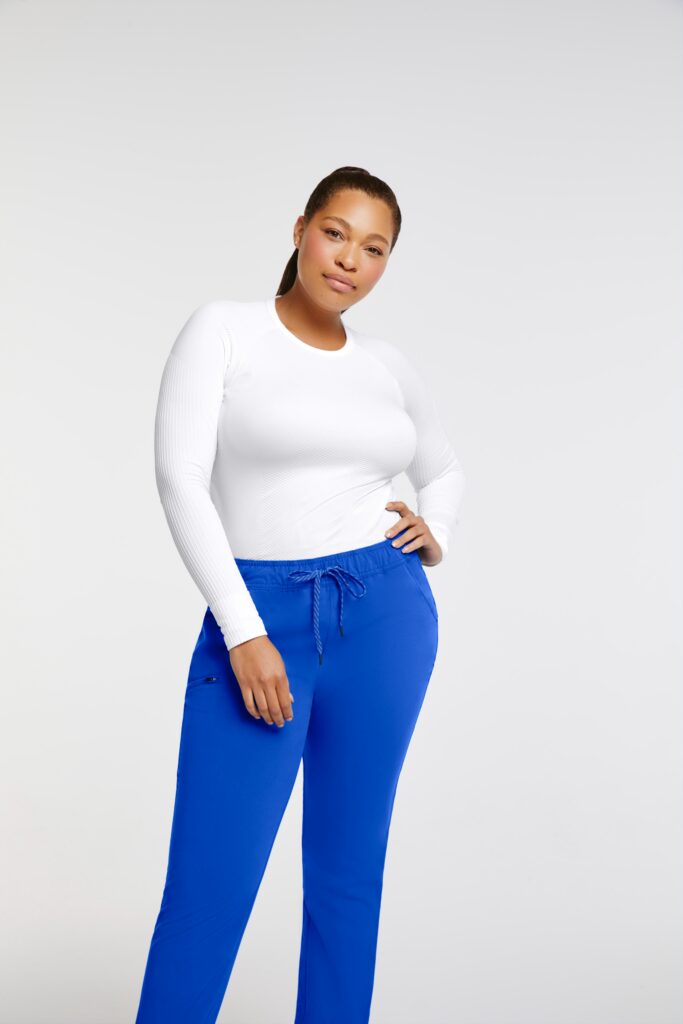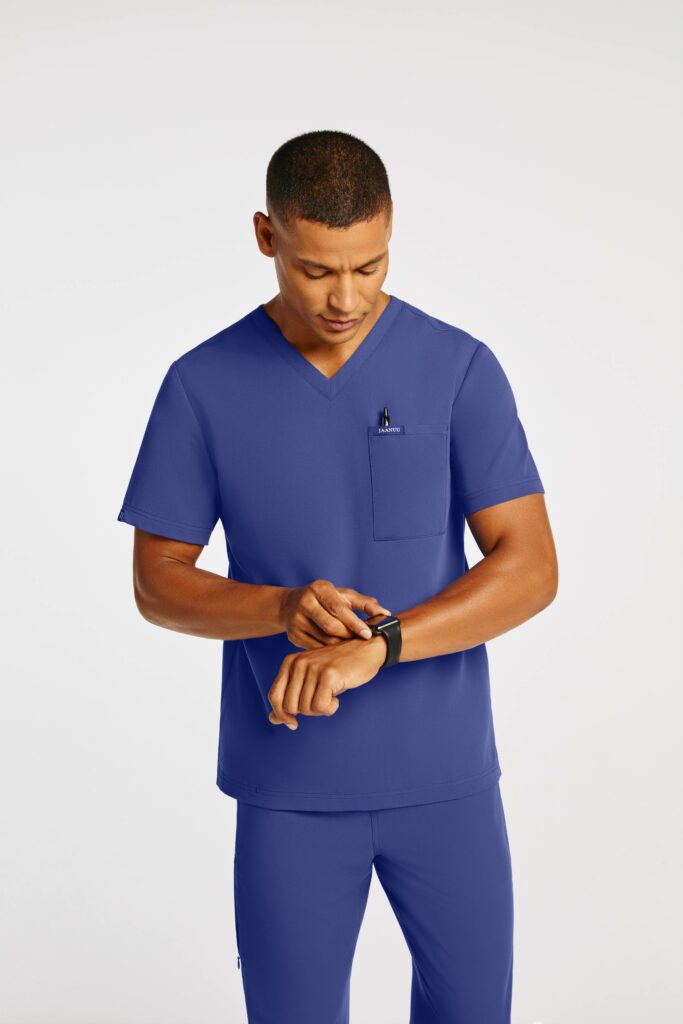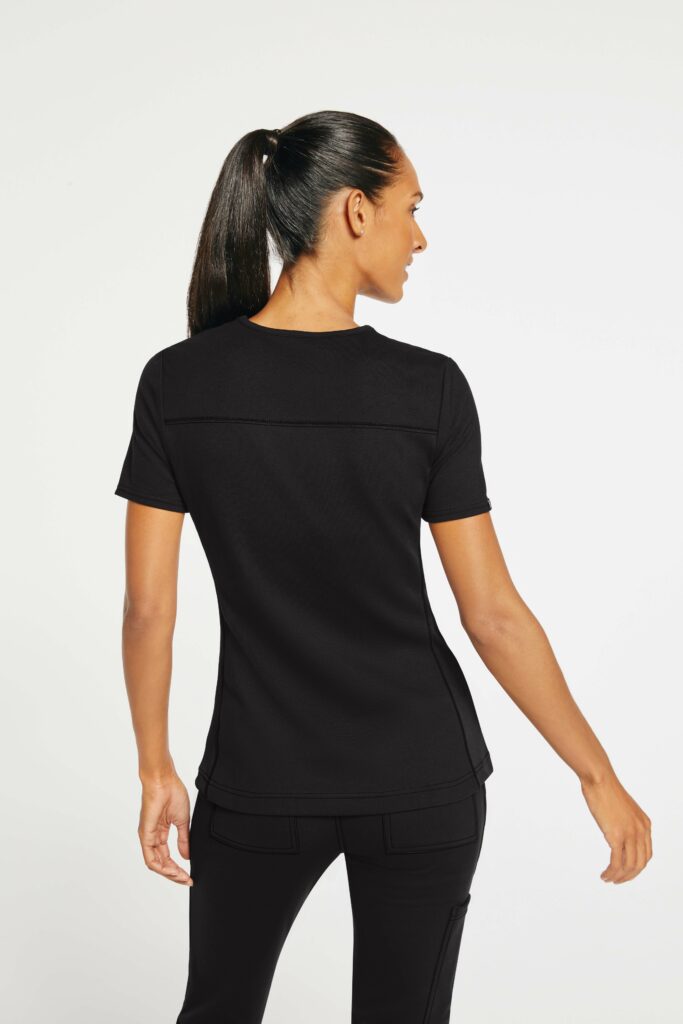
All You Need to Know About How to Become a Cosmetic Nurse
Many of you have seen the fascinating reality shows about the lives of plastic surgeons and their patients. You know the difference between “Botox” and “fillers,” even if you don’t work in the industry, and you’re well-versed with the term “microdermabrasion,” even if you’ve never opened a dermatology textbook.
Given the popularity of cosmetic procedures, it should not come as a surprise that the global market is currently worth more than $60 billion and is estimated to grow to a whopping $145 billion by 2030.
So why are cosmetic treatments so popular and the industry so lucrative? That’s because these procedures help people change their appearance in a way that makes them feel better about themselves (and we always aim to support and empower them). Another reason for this growth is cosmetic surgery has become less expensive, invasive, and stigmatized over time.
If your fascination goes beyond binge-watching the latest season of your favorite plastic surgery show, maybe it’s time to take advantage of the upswing in the industry and pursue a career in cosmetic medicine.
One of the ways to do so is by becoming a cosmetic nurse. So pause that reality series, and read on to find out what aesthetic procedures these medical professionals perform, what education they need for this job, and how much they earn.
What does a cosmetic nurse’s daily work look like?
Cosmetic nurses can perform a wide range of non-surgical procedures independently when they’re not helping plastic surgeons set up for operations. The following is a breakdown of tasks aesthetic nurses can do on their own and in support of a physician:

Independently
- Botox, collagen, and dermal filler injections
- Microdermabrasion
- Tattoo removal
- Chemical peels
- Light therapy
- Micro-needling
- Laser hair removal
- Laser skin rejuvenation
- Sclerotherapy
- Photofacials
- Micro-needling
- Non-surgical body contouring
Assisting a physician
- Patient screening
- Pre- and post-operative care
- Preparing and sterilizing surgical instruments
- Examining patients’ skin
- Supporting physicians during surgeries
- Monitoring patients’ conditions during procedures
- Educating patients on treatments and potential side effects
How to become a cosmetic nurse
As cosmetic nurses enjoy a good deal of autonomy, they can perform non-surgical procedures that significantly impact a patient’s appearance. Ready to get your start on this rewarding career path? Here’s how to become a specialized nurse in the field of aesthetic medicine:

- Earn your nursing degree
The first step in any nursing career, whatever the specialty, is to earn a college-level degree. The most common nursing programs are the Associate Degree in Nursing (ADN) and the Bachelor of Science in Nursing (BSN). These two degrees prepare nursing students well for the National Council Licensure Examination-Registered Nurses (NCLEX-RN), although the bachelor’s degree is a more solid base for building a strong career foundation. Nurses who intend to pursue advanced roles, specialized certifications, and postgraduate studies should start with a BSN. This allows them to easily take the next step in their nursing education without having to go back and complete bridge coursework. But, if your endgame is to become a cosmetic nurse, either degree will work.
- Get your RN license
Take the NCLEX-RN exam to become a registered nurse (RN). Once you pass the exam, you can apply for licensure from your state and begin to practice.
- Gain nursing experience
Find a role that allows you to provide direct patient care. Look for jobs in the fields of plastic surgery or dermatology.
- Get Certified
While you don’t need a certification to practice as a cosmetic nurse, having one will help your resume stand out to employers. Consider getting the Certified Aesthetic Nurse Specialist credential through the Plastic Surgical Nursing Certification Board. To apply for this certification, you’ll need to prove you have two years of experience in a clinical setting, working under a board-certified physician in your nursing specialty area.
FAQs
How long does it take to become a cosmetic nurse?
You could hit the ground running after you finish a two-year associate’s degree and pass the NCLEX-RN. If you decide to get a bachelor’s degree, your education will take 4-5 years. And, if you plan to pursue certification, add another two years for the clinical care requirement.
Where do cosmetic nurses work?
That’s a question you can likely answer if you’ve watched enough reality TV! Cosmetic nurses generally work in private practices, clinics, and medical spas (or med spas). They don’t traditionally work in hospitals.
How much does a cosmetic nurse earn?
Cosmetic nursing jobs pay roughly $85,000 annually, although some are in the six-figure range.

Common inquiries
How to become a cosmetic nurse practitioner
Nurse practitioners are advanced medical professionals who must hold a postgraduate degree. To become an aesthetic nurse practitioner, you’ll need to earn a Master of Science in Nursing (MSN) or a Doctorate of Nursing Practice (DNP). Once you do take your education to the next level, you’ll enjoy a salary boost. Cosmetic nurse practitioners earn more than $120,000 annually on average.
How to become a cosmetic dermatology nurse
Cosmetic dermatology nurse is just another name for a cosmetic or aesthetic nurse, so you’d follow the same educational steps given above.
How to become a cosmetic injector without being a nurse
You can’t actually become a cosmetic injector without first becoming an RN. So, if you want to give patients a boost of confidence with a filler or Botox injection, your answer is nursing school.
At Jaanuu, we’re you’re #1 fan. We support healthcare professionals every step as they find the right career for them, get an education and specialize. We’ve also got your back when you need some green surgical scrubs the next time you’re assisting in a cosmetic procedure.